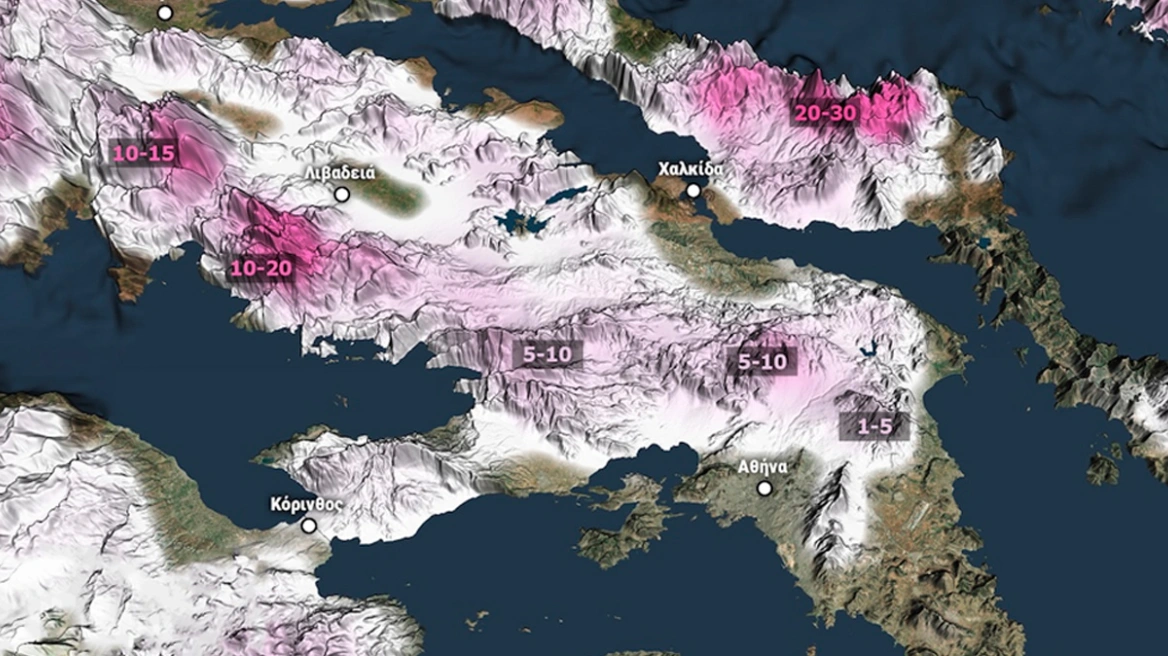As voters in the US prepare to choose their new president, the Europeans are anxiously waiting to see if the winner will be the Republican Donald Trump – a nightmare for many – or Biden’s chosen Democratic candidate Kamala Harris, who is seen as better for transatlantic relations, according to Politico.
However, the site makes special mention of a quote from a Euro-American: “Worry less about the US presidency and more about how Europe can stand on its own on a dangerous global stage.”
The uncomfortable truth is that American interest in Europe has waned over the past 30 years. Indeed, neither candidate is likely to bring back the transatlantic heyday in relations between the two sides of the 1990s.
This, of course, does not mean that this election will not affect Europe.
One candidate is a staunch supporter of Kremlin strongman Vladimir Putin who wants to impose 100% tariffs on European goods and vows to end the war in Ukraine the day after his election.
His threats of Washington leaving NATO should be taken seriously because, this time, Trump will probably not be surrounded by people who want to put the brakes on the Deep State.
In contrast, Camala Harris promises the US will remain the world’s leader and has pro-European adviser Phil Gordon, on whom Europe has high hopes, on her side.
Europe is not that important to the US
However, if we turn back the clock a little, the picture is clear. Europe is not as important to Washington as it once was
Elderly and shrunken, allergic to power politics, hesitant and risk averse, Europe no longer evokes sympathy from many Americans but “oozes” contempt and derision.
Indicative of the mood is a tweet from an influencer, who said Europe is a good place but only for vacations.
Overseas pundits will point out, rightly, that the US-EU relationship has been good under the leadership of Democratic President Joe Biden.
His support for Ukraine (including a $20 billion loan announced last week) has been solid.
His government, through national security adviser Jake Sullivan, has established close ties with the head of the European Commission, Ursula von der Leyen.
“Because of the war in Ukraine, I think the US is more engaged with Europe than it has been in the last 70 years,” argues Whit Stillman, an American filmmaker who has spent much of his career in Europe.
However, Biden is certain to be America’s last Cold War president, in the wake of politicians who do not feel that Russia is a key threat to US interests or have a very limited sense of Washington’s role on the planet.
Even Biden, at one point, put Russia on the sidelines and Washington prioritized the Indo-Pacific region.
The French fiasco and diplomacy
Do you also remember the AUKUS fiasco, when the US hijacked a major submarine construction contract under the “nose” of France;
French President Emanuel Macron was furious. Washington’s mute response alluded to “I don’t count on you at all.”
Behind the scenes, the French are usually clear about how the U.S. government views Europe. “There is no hostility,” one diplomat said wryly. “There’s just indifference. Sometimes that’s worse,” he added.
The day that changed America was June 6, 1994, when its allies gathered in northern France to celebrate the 50th anniversary of D-Day. A young saxophone-playing US president at the time, Bill Clinton, was the star of the show.
The US had won the Cold War and was deployed across the western landmass of Eurasia, militarily. Although they had no adversaries, there were over 120,000 troops left in the region.
A few years earlier, Washington had appealed to 40 nations, including several European ones, to join Operation Desert Storm (17 January 1991 – 28 February 1991), code-named “Desert Storm”
, commonly known as the Gulf War.
On the diplomatic front, top officials at the time were coming and going: For example, the American diplomat, Richard Holbrook, who was US ambassador to Germany from 1993 to 1994, had contacts with Berlin.
Cultural and technological indifference
But on the cultural side, it was another era. The dream team, featuring NBA stars Michael Jordan, Charles Barkley, and Larry Bird, had gone its own way, effortlessly, winning the gold medal at the 1992 Barcelona Olympics.
EuroDisney – a kind of American colony, adopted by the suburbs of Paris – had just opened, imposing its Mickey Mouse mania on the French public.
The American media, from the “disastrous” Herald Tribune to the Wall Street Journal Europe, were still large and dynamic presences in European life, with many of their journalists held in high esteem.
A comparison with what is happening today best captures the change in relationships.
The US has withdrawn or reduced its European footprint in almost every sector except one – the digital sphere – where US tech companies like Facebook and X (formerly Twitter) more or less dominate our screens.
Less than 100,000 troops are in Europe, even though it looks like the next war is on NATO’s doorstep, the article points out.
Except for David Pressman in Hungary or Bridget Brink in Ukraine, US diplomats on the old continent are idle and merely carrying their titles.
The Herald Tribune long ago reverted to its parent company, The New York Times.
Of the popular digital media that have emerged in recent years (POLITICO, Semafor, Axios), only POLITICO has survived in continental Europe.
Even the famous tech giants are having second thoughts.
Even though they have developed advanced technology tools in terms of artificial intelligence for consumers, they have largely decided not to make them available to European users.
This is because the risk of violating European AI law is too great.
Why the US is not engaged with Europe
For Jeremy Gayon, a Frenchman who worked in Washington and wrote a biography of Henry Kissinger, the waning US interest in Europe is not a bad thing, in and of itself.
But it is, in his view, an undeniable fact associated with a turnover in Washington’s foreign policy elite.
“There was a whole generation of top officials who had organic ties to Europe, either because their parents emigrated or because they were refugees from Europe. Kissinger, a former national security adviser as well as former Secretary of State Madeleine Albright. They were all Europeans to some degree,”
Gayon points out.
Washington’s official move away from Europe began under the leadership of former President Barack Obama, who pushed his agenda toward Asia, the French author writes.
He stresses, however, that Obama merely advanced a process that was already underway, which may well now be accelerated.
“We now have a new generation emerging that reflects American demographics. These American government officials or diplomats are either connected to the Hispanic world or looking to Asia. Those with connections to Europe are simply less present. The degradation of Europe in the psyche of the American elite is reflected in educational and professional choices,”
Gayon comments.
At the same time, the US indifference is also translating to the educational level.
“At Harvard, the South Asian Studies building is large, bright, and modern, clearly a prestigious department. The Center for European Studies is exactly what you would imagine: small and somewhat impoverished,” the French writer adds.
But what is most striking is that no specific reason why the US and Europe have drifted apart can be identified.
However, even now, the economic relationship between the US and the EU is stronger than ever. The volume of transatlantic trade in goods and services is huge and growing year on year, Politico comments.
Ask me anything
Explore related questions





